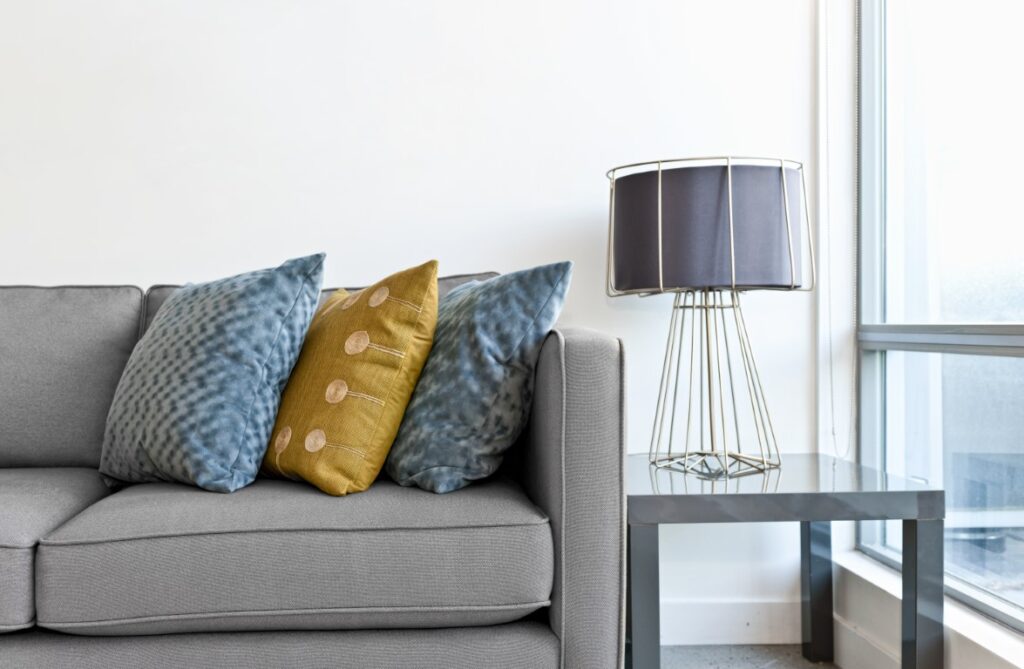
As a landlord, your property is your most important asset and when you rent it out to strangers it’s hard to predict what kind of accidents may occur, so taking the steps to minimise the effect of any accidents is incredibly important.
Unfortunately, damages to your property can be a common occurrence when you rent your property out – whether it’s a broken appliance or a football being kicked through a window, these issues can happen quite easily, and very often it’s through no fault of the tenant. Luckily, there are steps you can take to minimise the chance of accidents happening and, if they do happen, it will prevent these damages having a detrimental effect on your property.
Design your property with accidents in mind
The first, and arguably easiest, step you can take to reduce the risk of damage to your property is to furnish your property in a way that will minimise the effect of damages. For example, instead of using carpet, use wooden or tiled floors you won’t need to get professionally cleaned should there be any dirt or spillages. Make sure that you have high quality furniture and fixtures that are durable.
Get covered with landlord insurance
Taking out a comprehensive insurance policy will cover you for any damages to your property, whether it’s accidental or malicious damage. There are different types of insurance that you can take out; Landlord building insurance will cover the cost of repairing or rebuilding your property if there is any damage to the structure, and landlord contents insurance will cover any damages to the fixture, furniture and any appliances in your property. Many landlords assume that standard domestic insurance will cover their rental properties, but this is not the case at all – standard home insurance will not cover you for anything related to a rental property.
Do stringent reference checks on any potential tenants
Adequate reference checks on your tenants will not only give you a good idea of whether they can cover the rent, but also an opportunity to learn more about the tenant and indicate how well they will look after your property. Learning more about your tenant will also give you an idea of what is required for your insurance policy. For example, if your tenants are a family you will need a different kind of cover than if you were to rent to a single person.
Carry out a thorough inventory when your tenant moves in
An inventory will list all the items in the property and the condition of said items. Its purpose is to make sure all parties are clear on how the property should be left, to avoid any potential disputes when the tenant moves out. It’s important that you take extra care with this as it will be easier for you to identify any damages that the tenant may not have mentioned previously, so you can deal with it before your next tenant moves in.
Maintain a good relationship with your tenants
It’s no secret that having a good relationship with your tenants will work wonders throughout the tenancy and this is no different when it comes to accidents. If you have an open line of communication with your tenants, they will be more likely to report accidents that have occurred, so you can both help to rectify any damages. It will also help if they wish to do any DIY to the property, as you can hire a professional to do the work instead of the tenants attempting to do it themselves. It would also be a good idea to carry out regular inspections of the property so you can highlight any potential issues before they get out of hand.
Obviously, you can’t prevent accidents from happening, but if you follow these suggestions it could alleviate any stress that accidents in your property may cause.
Are you a new landlord looking for more advice on how to manage your property? Download our free landlord guide today.




